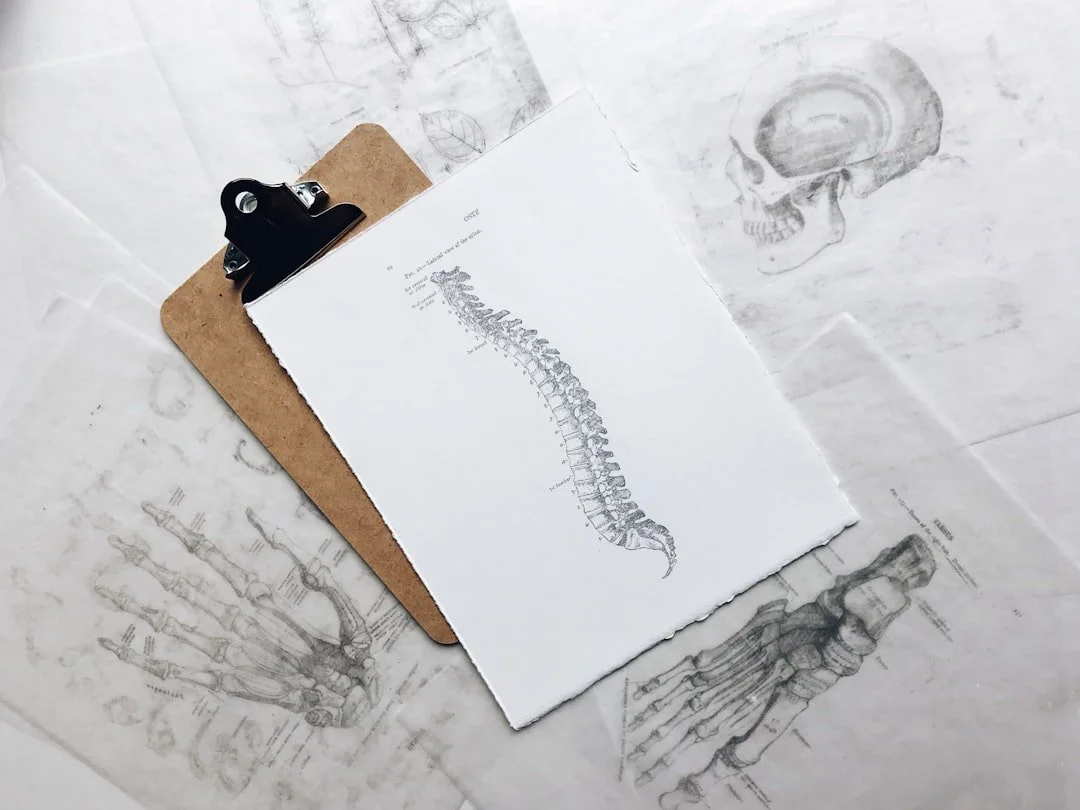Pediatric and Family Chiropractic Care in Petaluma, CA for Developmental Delays
Families in Petaluma often look for gentle, drug-free support that complements therapies like OT, PT, and speech. At Titan Chiropractic, our neurologically focused care aims to clear stress in the neuromusculoskeletal system so kids can regulate, coordinate, and learn with more ease.
Developmental delays can involve motor milestones, coordination, speech/language, or learning and behavior. Our role is to address subluxations—areas of restricted motion and irritation—that can distort the signals the brain uses for posture, balance, and motor planning. With clearer communication, many families notice steadier regulation, better coordination, and improved participation in therapy and school.
- Motor delays (rolling, crawling, walking) or clumsiness.
- Difficulty with attention, transitions, or sensory processing.
- Sleep rhythms and energy that affect learning the next day.

How Chiropractic Can Support Development and Regulation
The spine constantly sends movement and position information to the brain to guide posture, balance, and motor planning. If spinal joints are tight or irritated, those signals can be “noisy.” Gentle, specific adjustments restore motion and reduce stress inputs so the brain can better organize sensory and motor tasks—helpful for coordination, attention, and day-to-day adaptability.
- Encourages clearer sensory-motor communication.
- Supports attention, eye movement control, and balance.
- Complements OT, PT, and speech by improving the nervous system’s foundation.

Understanding Developmental Delays in Daily Life
Parents often see a patchwork of challenges—late milestones, coordination struggles, attention drift, and fatigue from working so hard to keep up. We support your child by improving the neuromusculoskeletal system’s input to the brain, which may help the body organize movement and attention more efficiently. Chiropractic fits alongside your pediatrician and therapy team to help your child function at their best.
- Delays in gross or fine motor skills and core stability.
- Visual tracking and attention that impact reading and play.
- Sleep challenges and regulation that affect learning.

Subluxations and Sensory–Motor Development
- Restricted spinal segments can distort input to motor planning areas.
- Extra “noise” can make balance, coordination, and focus harder.
- Adjustments aim to clear signaling so practice and therapy “stick” better.
Imagine building with blocks on a wobbly table—everything takes extra effort and falls apart easily. Adjustments help steady the “table,” so therapy and practice stack up more securely.
Potential Benefits Families Often Report
- Smoother coordination and posture for play and school tasks.
- Better attention and transitions during the day.
- Improved sleep rhythms and morning readiness.
Scientific Evidence Related to Chiropractic and Development
These reports explore pediatric outcomes and neural mechanisms relevant to development during chiropractic care. They don’t claim cure or treatment; they help explain how spinal adjustments may influence sensorimotor integration, regulation, and participation in daily activities.
JCCP Case Reports on Children with Developmental Concerns
Pediatric case literature describing changes in sleep, behavior, coordination, and parent-reported function during chiropractic care addressing vertebral subluxations; authors encourage larger controlled trials.
Brain Sciences Review (2021): Sensorimotor/Prefrontal Effects of Spinal Manipulation
Review discussing how spinal adjustments may affect cortical processing related to attention, eye movements, and motor control—mechanisms relevant to developmental support.
Our Approach at Titan Chiropractic
We review your child’s history, milestone progress, school demands, and goals. We’re happy to coordinate with OT, PT, speech, and your pediatrician.
We check posture, spinal motion, balance tasks, and simple eye movement/coordination screens to identify stress patterns.
Pediatric adjustments are precise and calm, aimed at restoring clearer signaling for movement and attention.
We monitor sleep, transitions, coordination, and therapy participation—adjusting the plan as your child grows.
Frequently Asked Questions About Developmental Delays & Chiropractic
How can chiropractic support kids with developmental delays?
By addressing vertebral subluxations and improving spinal motion, chiropractic reduces “noise” in the signals traveling to the brain. Families often notice smoother coordination, steadier attention, and easier participation in therapy and school routines.
What does a pediatric nervous system assessment include?
Posture and motion checks, gentle palpation, balance/coordination tasks, and simple eye movement screens. Everything is age-appropriate, calm, and explained step-by-step.
Can chiropractic complement OT, PT, and speech?
Yes. We frequently collaborate so your child’s therapies build on a clearer, calmer neuromusculoskeletal foundation.
Is pediatric chiropractic safe?
Yes. Adjustments are gentle and customized to your child’s size and stage. We proceed at your child’s pace and prioritize comfort and consent.
When might families notice changes?
Some see early wins in sleep or transitions; others observe steady gains over weeks as practice and therapy “stick” better with clearer signaling.
Ready to support steadier development and daily function?
Schedule your first visit in Petaluma and explore gentle, neurologically focused chiropractic care for your child.
Schedule nowDisclaimer: We do not diagnose or treat conditions, diseases, or symptoms. Our care is centered on improving the neuromusculoskeletal system by addressing spinal subluxations and the subluxation complex. Any improvement in overall health or function is the natural result of restoring proper spinal alignment and supporting the body’s innate ability to heal itself. For medical diagnosis or treatment, please consult a licensed medical professional.
